Collaborative Divorce: Is It Right For You?
Life tends to offer us its sweetest gifts and its greatest challenges all in one fell swoop, so if you’re going through a divorce, keep going.
As you begin to establish and lean on your support system, it’s crucial to consider what role you can play in your own future. Seeking legal counsel during the incredibly vulnerable time of separation can help you determine exactly what moves to make, and how to maintain as much normalcy as possible as you begin to restore the balance in your world.
What is collaborative divorce?
There are many valid reasons people choose to divorce, and there are varying types of divorce that offer both parties a dynamic range of options. Collaborative divorce is a non-adversarial, excellent example of just how dynamic and flexible a difficult moment can be.
Collaborative Divorce is defined as both parties' ability to work together and find a resolution while avoiding going to trial. It empowers people to determine the most respectful and constructive way to navigate the divorce, and all of the accompanying shifts their lives will experience.
How does collaborative divorce work?
Collaborative divorce begins with attorneys representing each party, guiding them toward a collaborative participation agreement.
This creates space for a team of professionals to support both parties by evading the natural consequences and drawbacks of litigation in a divorce. From exorbitant fees to festering heartache, this option can double as an act of self-preservation; it keeps substantial sums of money, years, and processes out of the equation.
The benefits of going through the collaborative divorce process
If you’re currently considering a divorce, we don’t need to tell you that it is one of the most challenging experiences a person can have in their lifetime. After you establish and build a domestic partnership with the person you care about the most, the upheaval of this sanctuary can often cause an overwhelming amount of stress and emotional instability.
Of the many benefits of collaborative divorce like conserving time, money, and energy, maintaining your privacy is usually the last thing people consider. Most courtrooms are open to the public, and protecting your confidential information becomes increasingly challenging in a courtroom setting. Collaborative divorces mean that everyone gets a say. A collective space for negotiation and reasonable accommodation becomes available to both parties – something that litigation often robs people of.
If you have children, recognizing the impact this experience can have on them is essential – especially when it comes time to discuss child support. Collaboration means that you get the opportunity to work together and highlight an incredibly important common goal: the mental health, physical well-being, and safety of your children.
Who’s a good fit for collaborative divorce?
There are plenty of people who can benefit from a collaborative divorce. But families with high assets, large incomes, and public visibility risk their quality of life by moving forward with litigation.
For those who are willing and able to keep an amicable, honest relationship with their former spouse, the collaborative approach is often a lifesaver.
Other FAQs about the collaborative divorce process
The protocol and regulations for traditional divorce apply to collaborative divorce, as there are no separate statutes that exist to differentiate. The main and most important part of this experience is that the divorce attorneys who are there to guide you have the training and experience necessary to offer a seamless transition. Of course, that’s not to say that there won’t be any bumps in the road. Divorce is hard, but it does not have to feel impossible.
How much time and money can collaborative divorce save you?
One of the first things anyone who has gone through a traditional divorce will tell you is that their experience was painful and expensive. Since time and cost weigh differently depending upon the details of each individual person, it is almost impossible to project a true reflection of what that traditional divorce may cost you.
But one thing is for certain, the opportunity to engage in a collaborative divorce can help curb the expenses of time sharing with children, significant financial holdings, marital businesses, and more.
How does collaborative divorce differ from mediation or litigation?
Whichever path you choose for your divorce, mediation is a tool that will always be available to you. Mediation will typically occur over a few days as all parties attempt to settle amicably. A trial is the polar opposite of a collaborative divorce and occurs when parties are unable to reach a settlement that satisfies everyone – allowing the court to take the wheel.
More often than not, no one is satisfied with the judges ruling, and if we’re being honest, it’s an enormous challenge to determine the trajectory of a separated family’s life over the course of three days. So if you have the option to maintain control over your case, don’t waste that opportunity.
Collaborative divorce with Busciglio, Sheridan & Schoeb
At Busciglio, Sheridan & Schoeb, we are a family law firm that prides ourselves on our ability to center our client's needs. And while the experience of divorce is an emotionally turbulent time, the chance to be heard and supported by a team of professional divorce lawyers who have your best interest at heart is always better than the expensive, intrusive alternative.
If you or someone you know is on the verge or in the middle of a divorce, head on over to our website to connect with us. We’re looking forward to helping you restore the long-lost peace you deserve.


